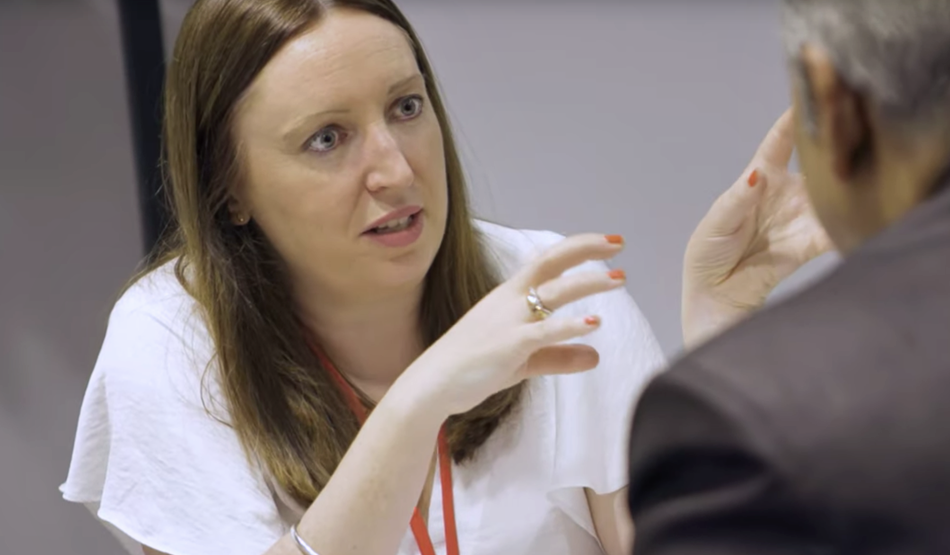Nuala Foley is Industry Engagement Manager at KSS AHSN. In her latest blog she tells us why market research is so important for companies wanting to work successfully with the NHS.
Whether you’re new to working with the NHS or have been doing so for some time, there’s no escaping its complexity. Understanding how it works and how to engage with it won’t happen overnight. Basing your engagement on market research will give you the best chance of success, and help you to avoid too many unproductive conversations.
If I had to give one piece of advice to companies looking to work with the NHS, it would be to make sure you fully understand the value of what you’re bringing to market. To do that you need to be able to answer a range of questions – what is your value proposition? Where will savings be made or outcomes seen? Who will benefit? How will the NHS need to adapt in order for the benefits to be realised?
And the NHS isn’t one entity – you need to be able to show the value of your product to the specific part of the NHS you’re marketing to, whether that’s a clinical audience, estates, workforce or commissioner.
One of the most effective market research techniques is to have as many conversations with the NHS as you can. Approach your existing contacts, but also seek out new connections via events, exhibitions and meetings.
It’s vital that you keep talking to potential NHS customers. That way you can determine whether they recognise the problem you’re describing. If they don’t, it could be that how you’re telling your story is wrong, or – worse – they what you think is a problem isn’t to them. If there’s no problem, there’s no opportunity, so that’s something you need to scope out a very early stage.
Over time you’ll be able to build and refine your understanding about the desirability, the feasibility and the affordable of your solution.
It’s also essential to find out how, or if, your solution fits into a current patient pathway. If it doesn’t fit into existing ways of work, or will disrupt them, then it’s probably going to be more difficult to implement. This will affect its desirability and affordability for the NHS. To be more attractive you need to have your evidence for how the changes required will lead to tangible benefits.
If you’re at the pilot stage, be very clear about what you need to find out to supplement your research to date. Focus on the outcomes you want to achieve and know what you want to learn.
We can help you to scope a pilot that will provide both you and your NHS partner(s) with the evidence you need. Agreeing initial benchmarks is a key first step so that improvement can be shown.
Bear in mind that often the NHS will not be able to invest in a pilot, so you’ll need to secure separate sources of funding to get you through this stage. Not least because a single pilot will rarely be sufficient to generate the richness of evidence that you need.
I’ve mentioned how important it is to engage with the NHS throughout the market research process. You should also undertake desktop research that will help you understand the bigger picture and the strategic context for your work. For instance, if your solution fits with the NHS Long Term Plan, you can be reasonably confident that it may align with the priorities of the NHS people you engage with.
It’s not until your solution is easy to sell at scale across England that you’ll probably feel that you’ve done enough research and got your value proposition right.
AHSNs are able to help right along this journey, from advising on initial research through to sharing the evidence of solutions that are ready for national use.
If you’re reading this and want to know more about how we can advise on market research and developing a compelling value proposition, please get in touch with me via kssahsn.bridgingthegap@nhs.net




